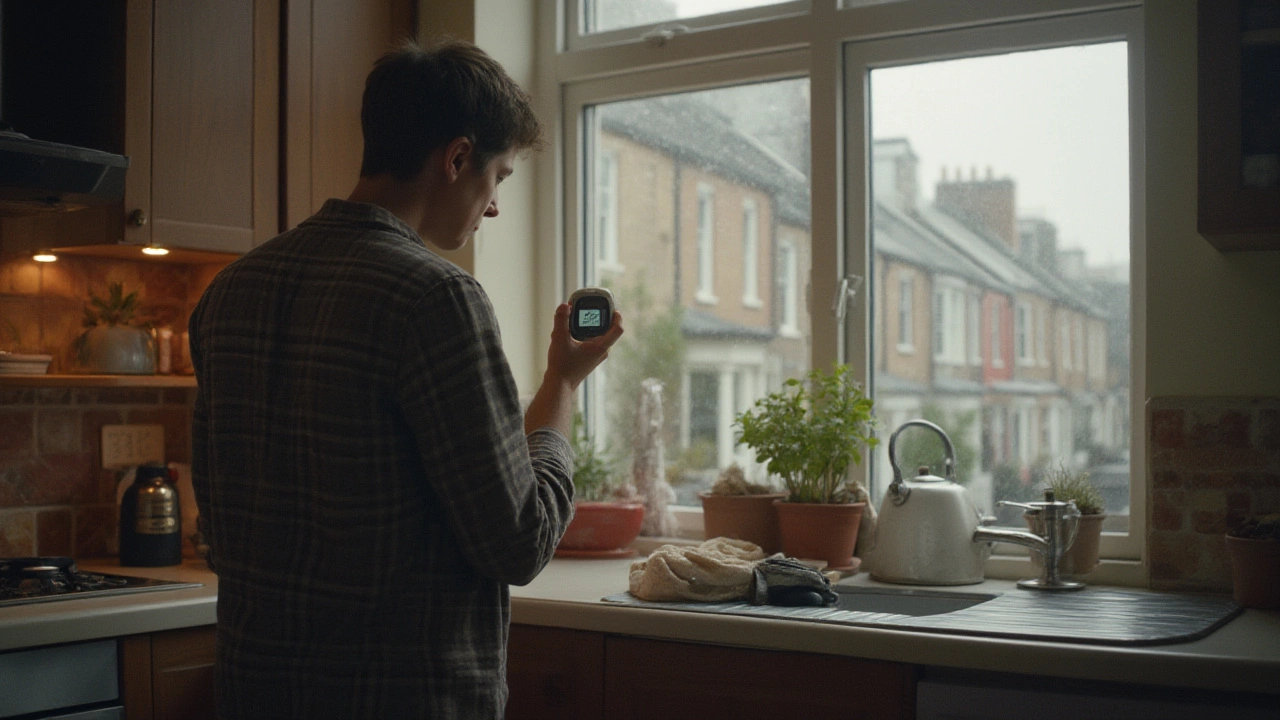Find out if a plumber can fix your boiler, who you should actually call, safety rules, and how to choose the right engineer for heating issues in your home.
Plumber Fix Boiler: Real‑World Tips to Get Your Heat Back
If your boiler has shut down on a chilly morning, you’re not alone. Most homeowners face a cold shower or a silent radiators warning sign at some point. The good news? A lot of the early‑stage problems can be spotted and fixed without calling a plumber right away.
Quick DIY Checks Before You Call a Professional
Start with the basics. First, look at the boiler’s power supply. Is the switch turned on? Is the fuse intact? A tripped breaker or a blown fuse is the simplest reason for a dead boiler and can be reset in a minute.
Next, check the pressure gauge. In the UK most combi boilers operate comfortably between 1 and 1.5 bar when cold. If the needle is below 1 bar, the system has lost pressure – often because of a leak or a drained system. You can usually top it up using the filling loop; just follow the instructions on the valve, watch the gauge rise, and close it once you hit the right level.
Another easy step is to reset the boiler. Many modern units have a reset button or a ‘restart’ option on the control panel. Press it, wait a few seconds, and see if the boiler fires up. If it does, you’ve just saved a call‑out fee.
When to Call a Plumber – Safety First
Even if the simple checks don’t solve the problem, don’t try to open the boiler yourself. Gas leaks, carbon monoxide, and electrical faults are serious hazards. If you notice a strong smell of gas, hear hissing sounds, or if the boiler is making unusual banging noises, shut it off immediately and ventilate the area. Then give a qualified plumber or gas engineer a ring.
Other red flags that merit professional help include:
- Repeated loss of pressure after topping up.
- Frequent shutdowns with error codes you can’t decode.
- Water leaking from the pump, pipework, or the boiler casing.
- Rusty or noisy radiators that don’t heat evenly.
These issues often point to deeper component failures – a faulty pump, a broken valve, or a cracked heat exchanger – which need specialist tools and expertise.
When you call a plumber, be ready with the boiler make and model, any error codes displayed, and a brief description of what happened before the fault. This helps the engineer arrive prepared, diagnose faster, and reduces the time spent on site.
Regular boiler servicing is another proactive step. A yearly check from a qualified engineer will clean the heat exchanger, test safety devices, and catch wear‑and‑tear before it turns into a breakdown. Most UK homeowners find that an annual service not only extends the boiler’s life but also improves energy efficiency – meaning lower bills.
In a pinch, keep a small ‘boiler emergency kit’ on hand: a spare fuse, a basic screwdriver, a pressure gauge, and the manufacturer’s manual. Having these items nearby can save you a frantic search when the cold hits.
Bottom line: start with the easy checks – power, pressure, reset – and you might solve the issue yourself. If anything feels unsafe or the problem persists, call a licensed plumber right away. It’s better to be safe and let the pros handle the complex parts than risk a bigger repair or, worse, a safety incident.
Stay warm, stay safe, and remember that a well‑maintained boiler is the heart of a comfortable UK home.

